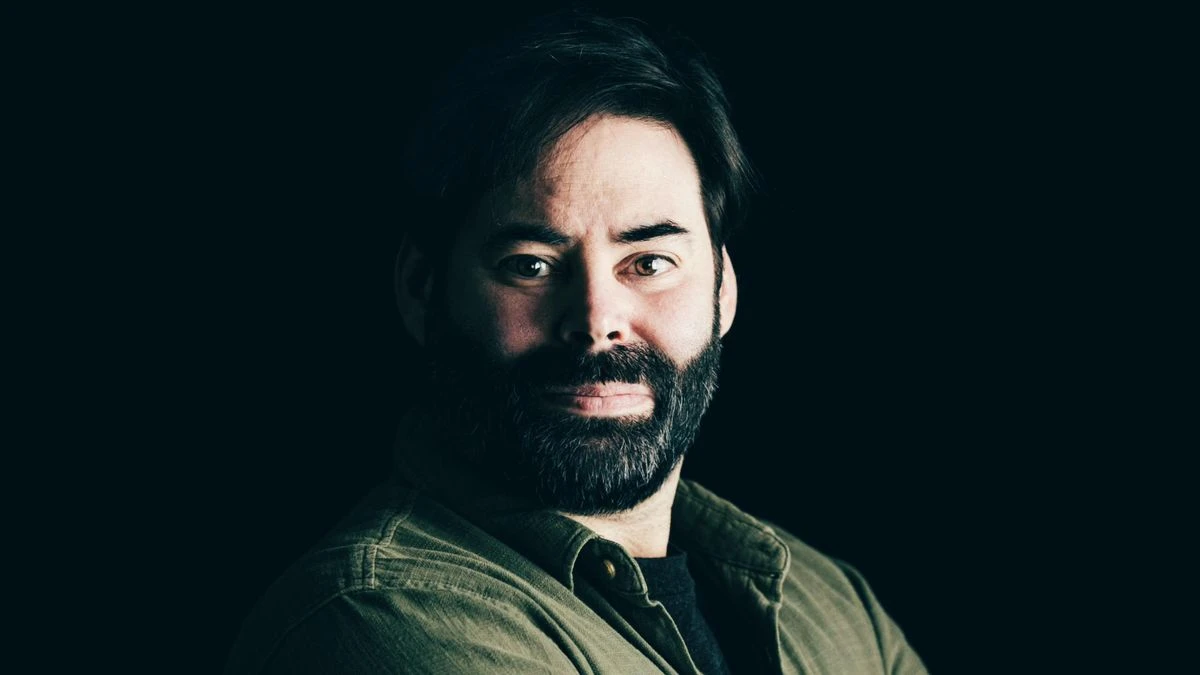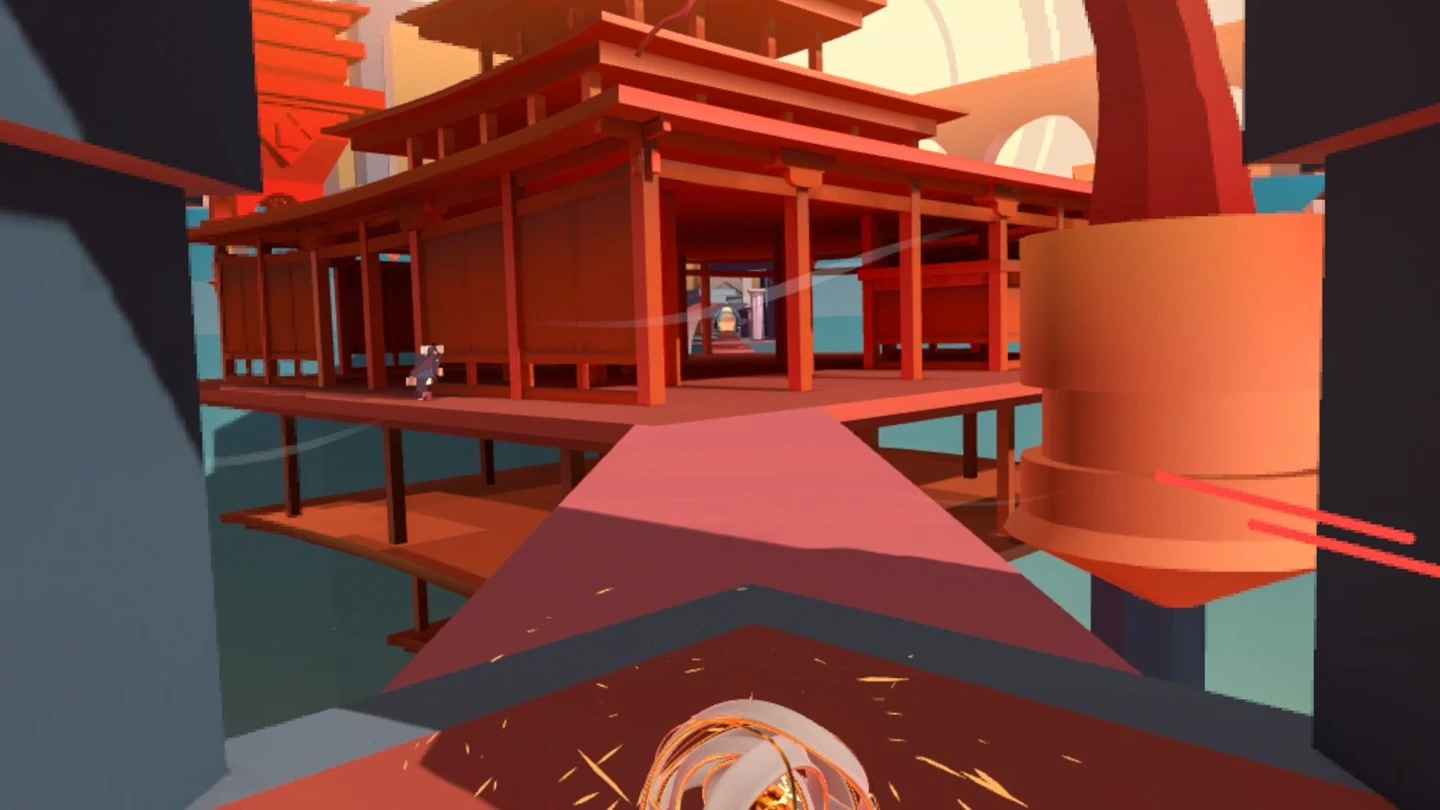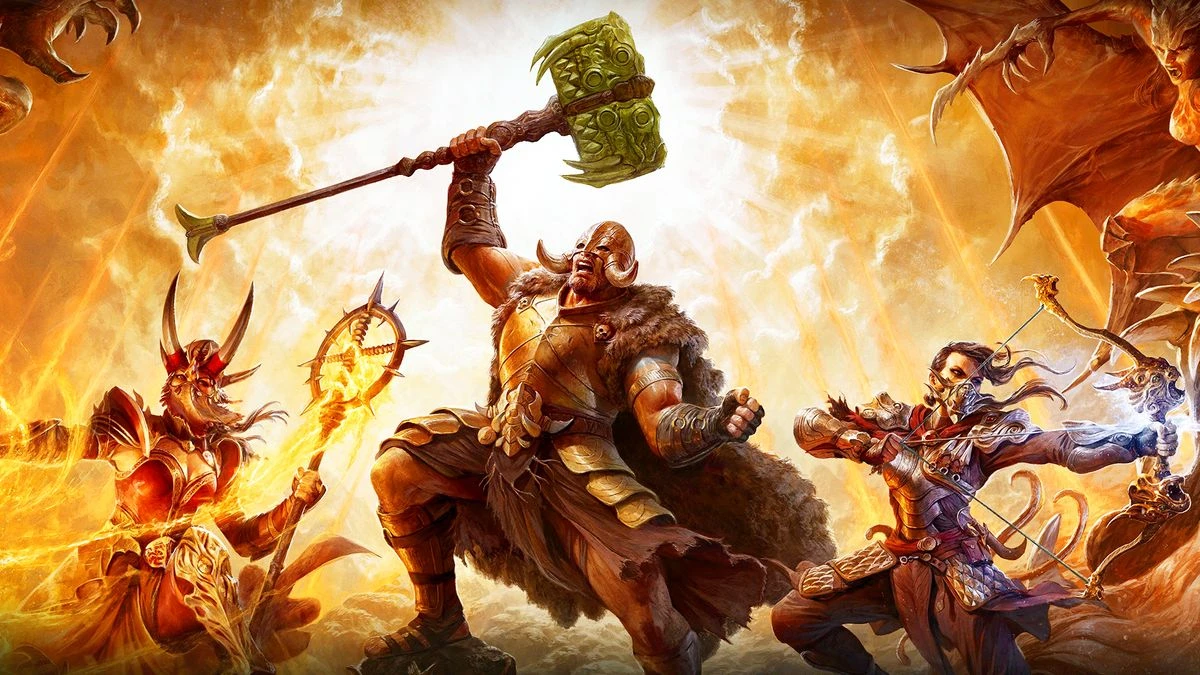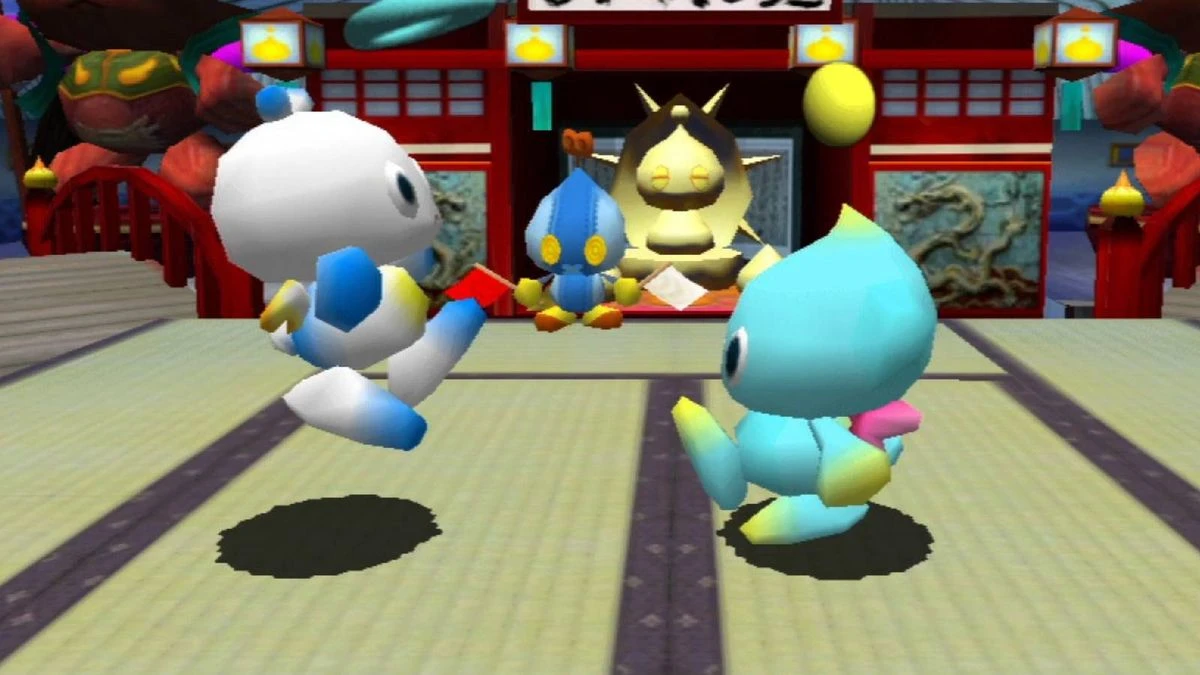The company behind the'mental-health action shooter' sees a 'golden age of gaming' funded by health insurance, and just received FDA approval to treat stress
Imagine that your doctor tells you to play videogames each week because you are stressed out. Your health insurance will cover a subscription for the game service and possibly even a VR headset. Deepwell DTx is a Seattle-based company that has a vision for this. Its biofeedback development kit for video games was recently approved by the FDA for "over-the counter treatments for stress reduction and as an adjunct treatment for high blood-pressure."
Deepwell cofounder Ryan Douglas believes that the news is not only good for patients and certain medical device entrepreneurs, but also for game developers and gamers. He said that introducing games to the trillions of dollars spent on healthcare can "bring back the golden age of gaming" in a recent phone call.
Deepwell has demonstrated their technology in VR game Zengence which they call a "mental-health action shooter." Douglas is convinced that violent videogames are not harmful inherently (a Stanford study and other experts agree). They're also valuable therapeutic tools. Douglas told me in an earlier conversation that the action genre turned out to be one of the most beneficial.
Zengence, however, isn't Call of Duty: its enemies are "wraiths", and you're firing them with wizard beams instead of hot lead. It uses the Meta Quest microphone - this is the biofeedback element - to detect when the player chants or hums. When it detects the meditative tones that indicate the player is exhaling it sends a orb into the surrounding area which reveals wraiths for you to zap using your mental health wand.
The goal is to get the player into the relaxed, dopamine-rich state that game designers and athletes often speak of, and improve their stress response in everyday life by incorporating breathing exercises, a well-established tool for stress management, into the mildly demanding task of shooting accurately.
Douglas said that when we are heavily engaged in playing, we learn much faster. "We want people to be in environments where they are having a great time, a lot more flow, because that allows us to do something called consolidating memory or building new neural pathways. You can adopt new ideas and thoughts about yourself as a result. But you can also adopt things in a more limber way, such as something that responds to your autonomic nerve system. You get a stimulus, and you act differently than before because you've developed a new neuronal pathway.
Deepwell's next regulatory ambition is to receive Medicaid and Medicare codes which "provide monetary incentive for companies to develop games, doctors to recommend them, and patients use them" that feature DeepWell tech. Douglas's perspective was a pleasant surprise as I digested my initial shock at the idea that doctors could soon be paid to recommend videogames for their patients.
Douglas believes that great games are already therapeutic and developers do not have to design around Deepwell’s biofeedback system in order to benefit from the FDA clearance. For example, an entire hub of games for stress reduction that uses the breathing mechanic in some cases and not others would still qualify. They can continue to sell their game outside of the healthcare context. Douglas hopes that this will allow game developers to access the healthcare market while still being able to create the games they want.
There are a few conditions: No predatory monetization and no unmoderated conversation. Douglas said that if you are highly dopaminergic and hate speech is constantly coming at you, along with social pressures, it can be a radicalizing situation. Deepwell is a good option for developers who don't like loot boxes or open communications.
[img=]Douglas told me that last week, "If you want a great story to tell, you have an amazing game... now you can keep the same format but you'll still get paid." "There is a whole economy that will be based on these reimbursement codes. They're real. They're real. They are very powerful.
"With our clearance, we have access to approximately 70 million people via HSA. "When that [Medicaid or Medicare clearance] kicks into effect, we're talking about another 144 millions people, and those who need it most: seniors, low-income kids, low-income families. Then it's just a natural progression. You tend to go HSA cleared, Medicaid cleared, Medicare cleared and then the next logical step is to the rest continuum of care. You end up with everyone having private insurance. If you're a video game developer and you're tired of building economies, this will be a great alternative.
It's a symbiotic partnership. Douglas believes that Deepwell will need good game designers to help it succeed in this gambit, as wellness software with "gamification" features bolted on won't cut it.
"I think that what happened in gamification was that the game designers weren't really recognized for their expertise," he said. "The most effective videogames for mental health are commercial games. They were accidentally therapeutic. They were all created by masters. It seems that the same skills that overlap, that are so essential to get us involved in a video game--so that we can't quit--have a lot of overlap with being a therapeutic activity, too.
What is the future of healthcare?
Deepwell's FDA clearance allows its SDK to be used in products that are indicated for stress relief and as a supplementary hypertension treatment, alongside medication. Douglas told me he wanted to "target anxiety and depression" after more clinical work. He also said that Deepwell could pursue treatments for pain and PTSD.
Digital therapeutics is a relatively young industry that has grown rapidly since the outbreak of the pandemic. Daylight is an app that was launched in 2022 to help patients with Generalized Anxiety Disorder. GameChange, a virtual reality therapy developed by Oxford University to treat agoraphobia, is a virtual reality therapy that was launched in 2022. According to Deepwell Chief Medical Officer Dr Samuel Browd, 20 digital therapeutics were cleared by the FDA up until now.
The new field is criticized for its effectiveness - can an app replace a pill? - privacy concerns, among other things. Douglas says that good videogames work in part because they are medicine that people will take. He told me that it is difficult to get patients to follow their doctor's instructions, even if the request is small and side effects are negligible.
There are many "wellness" apps available that have not been validated by healthcare regulators or insurers. VR games have proven to be effective fitness tools in my experience.
It's not difficult to replicate the voice control in Zengence, but Deepwell, and other digital therapeutics firms, bring knowledge and clinical research of the healthcare industry and insurers and regulators that game developers do not. I'm not sure if Douglas' golden age is imminent. A more conservative outlook would be that there will be a new generation of mobile and VR rhythms games that can tap into healthcare revenue streams.





Comments